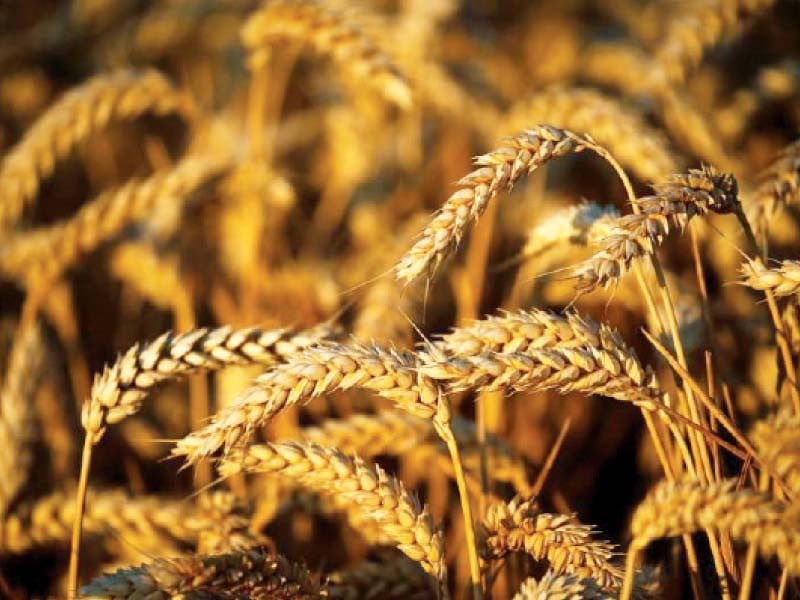
The economy has been passing through a stagnant phase where the Large-scale Manufacturing Index decelerated by 0.20% in the first two months of fiscal year 2025. Similarly, the agriculture sector has been facing acute challenges since last year.
Most of the international commodity prices have been descending in the last one year. There is a 20% reduction in corn prices. In addition, cotton prices have been down by 30% since February 2024. Wheat prices are fluctuating and falling.
The situation of domestic prices is almost similar. Domestic corn prices tumbled in FY 2024. Specifically, small and medium farmers barely received their expenses.
The government fixed the support price of wheat at Rs3,900 per 40 kg. Large influential farmers could sell their wheat stock around the support price, medium farmers had to rely on the market where they initially sold wheat at around Rs3,300 per 40 kg while small farmers had to sell their stock to merchants and got around Rs3,000 per 40 kg.
A large chunk of farmers held their stock on expectations that the price of wheat would increase in the domestic market. Since the international prices remained range bound, the domestic price of wheat kept on sliding.
Most of the farmers had to sell their stock in September to get cash for their new crop. As they released their stock, the price of wheat further went down to around Rs2,500 per 40 kg.
The country experienced a bumper crop of wheat along with high per-acre yield. In addition, international wheat prices came down in the last couple of years.
High demand for agricultural commodities increases their price. In the presence of high stock of wheat, demand remained low. As a result, the price could not increase.
The mass-producing industrial sector depends on the income of farmers. Specifically, small and medium farmers, petty producers and landless peasants sell their commodities and buy consumer goods made by the industrial sector.
Demand for industrial goods comes from these segments of the population. Hence, the consumer goods producing sector becomes demand constrained in the presence of low income of these segments.
If prices of agricultural commodities remain low for a couple of years, incomes of these segments of the population will get a big hit.
Bumper crops usually decrease prices of commodities. For instance, the bumper crops of corn and wheat have reduced their prices a great deal in the last one and a half year. This shows that the mass-producing industrial sector will face a severe binding constraint from the agricultural side.
When farmers experience low income from a crop, they tend to choose a different crop in the next season. As farmers received low income from wheat, they would now reduce the area of cultivation and switch to another crop. Therefore, we should expect lower production of wheat in the next season.
In addition, the international wheat price may increase in the coming months. Considering these factors, the price of wheat may increase in the coming year.
Benefits of the high price of wheat will be restricted to a small segment of the population. The elaboration of this point requires another article. However, small and medium farmers and petty producers will not get benefits of the high price of wheat. Hence, the mass-producing consumer goods industry will feel the pinch.
In short, the growth of mass-producing consumer goods industry requires growth in the output of staple crops. If the government does not adopt an appropriate policy to maintain the income of small, medium farmers and petty producers, the consumer goods industry will either stagnate or contract. Let us see how events unfold in the future.
The writer is an independent economist who worked at SDSB, Lahore University of Management Sciences (LUMS)




1730112008-0/jlo-(5)1730112008-0-165x106.webp)













COMMENTS
Comments are moderated and generally will be posted if they are on-topic and not abusive.
For more information, please see our Comments FAQ